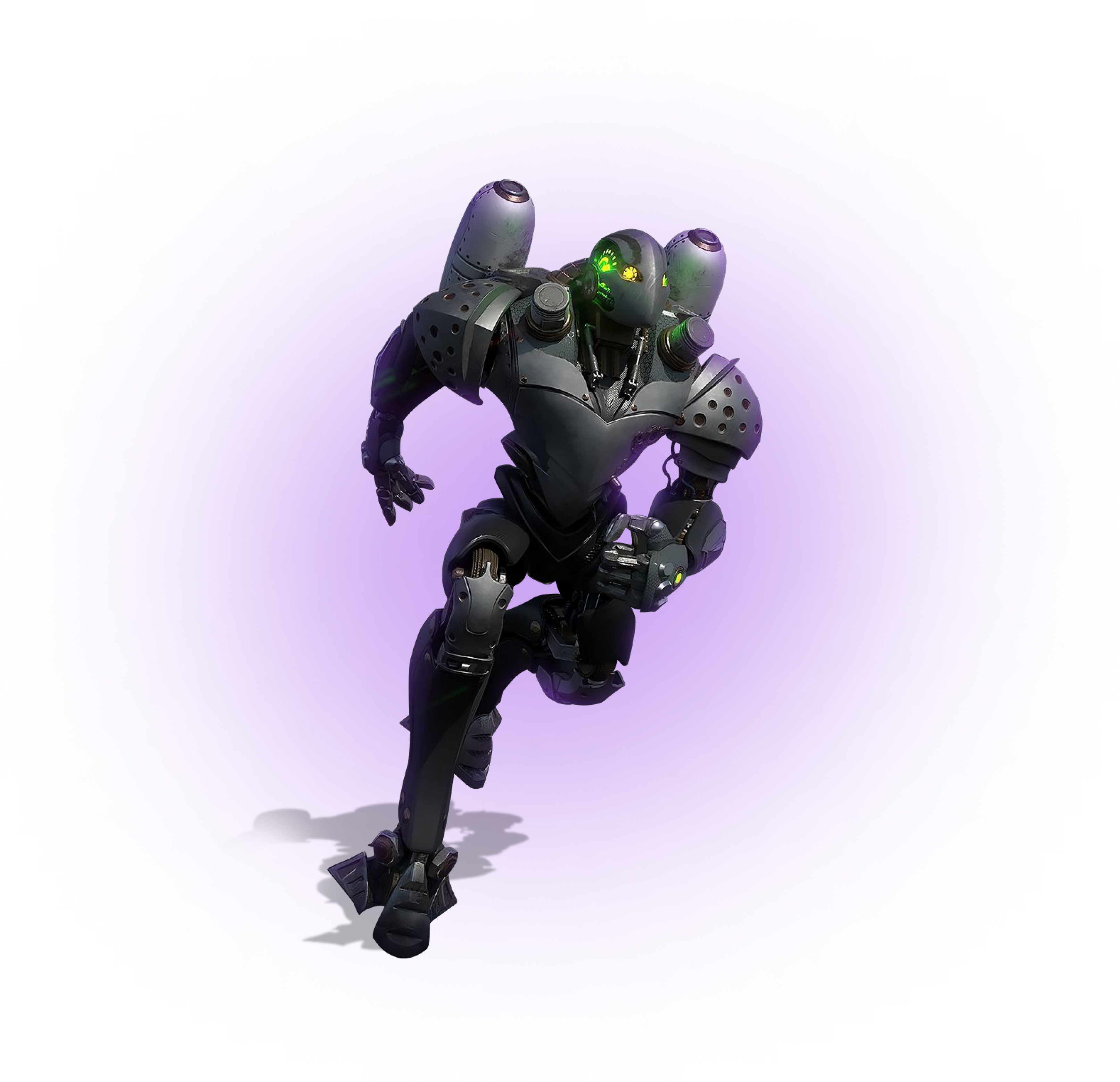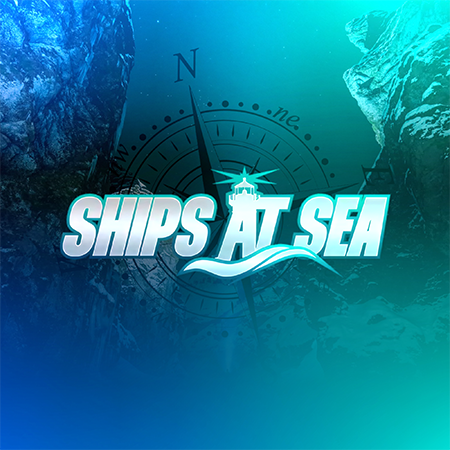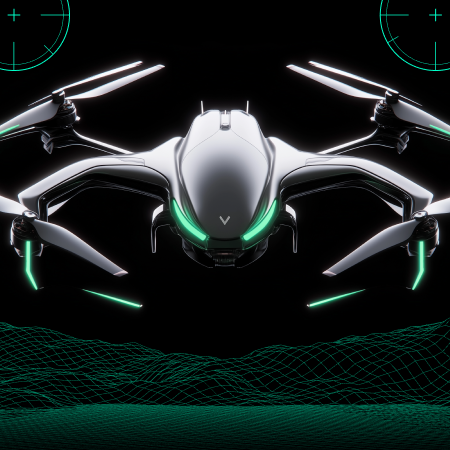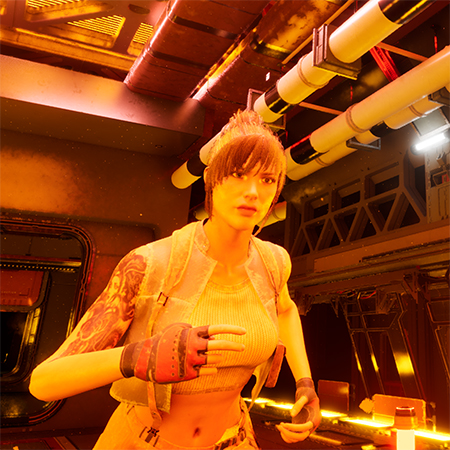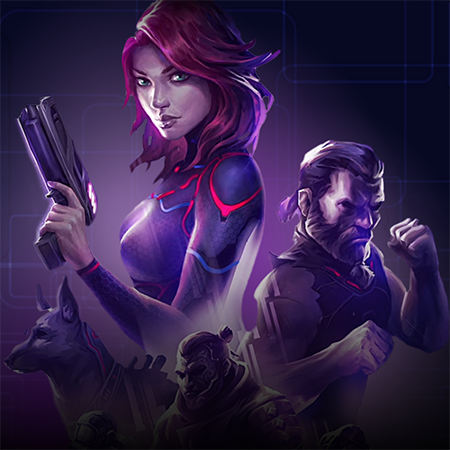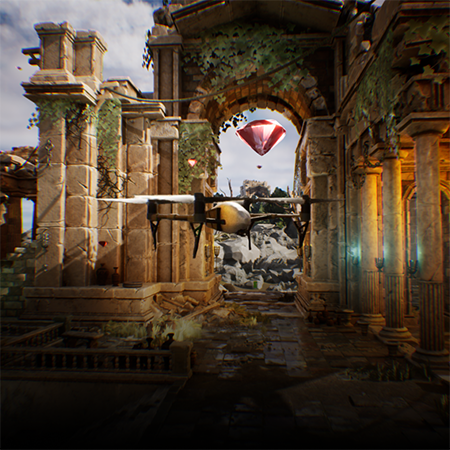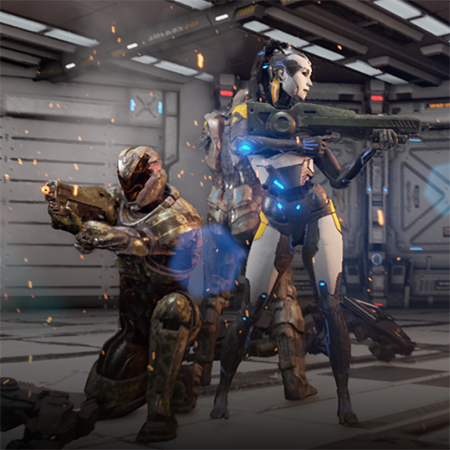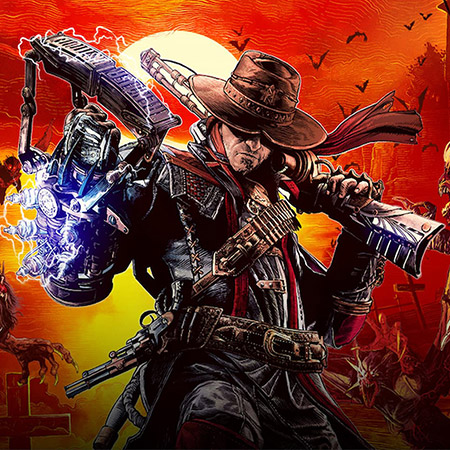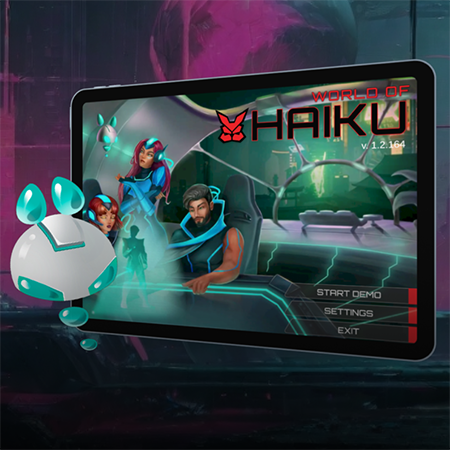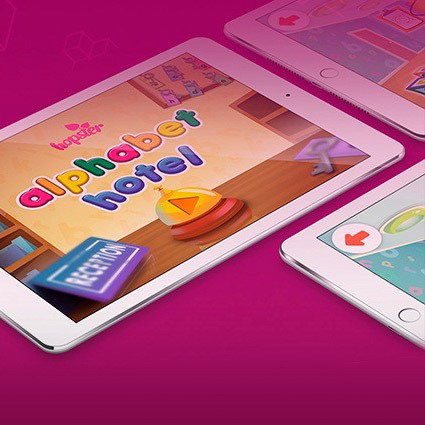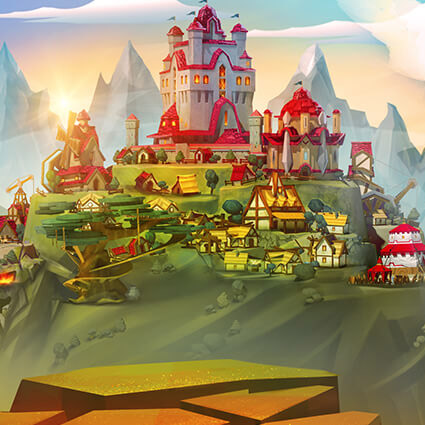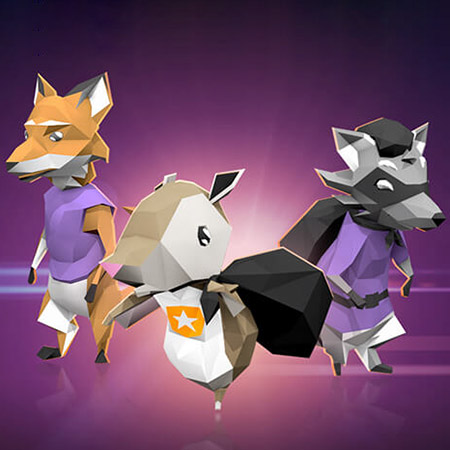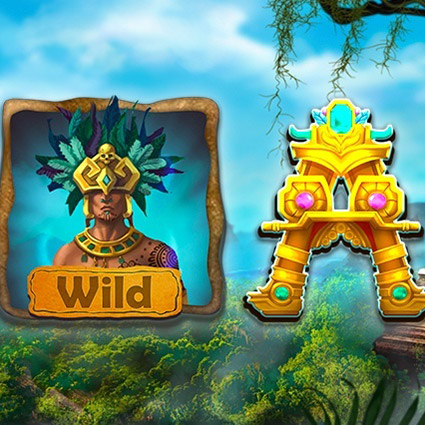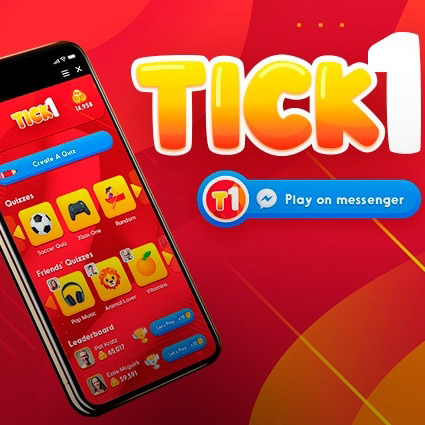What makes a video game great? Is it innovative gameplay, a powerful story behind it, or impressive cinematic visuals? We believe that the key to success lies in combining all of these factors masterfully and enhancing them with robust tech capabilities.
Even the best game idea must have a strong technical base to unlock its potential. In the context of GameDev, this base is a game engine – the main building block of every game. Unity and Unreal Engine are the leaders in this category, powering up thousands of projects.
When starting a new game development initiative, studios are often caught up in the discussion of Unreal vs Unity, trying to determine the most fitting solution. From the perspective of a custom game development company, Game-Ace will help to resolve this dispute through this comprehensive comparison.
Exploring Unity
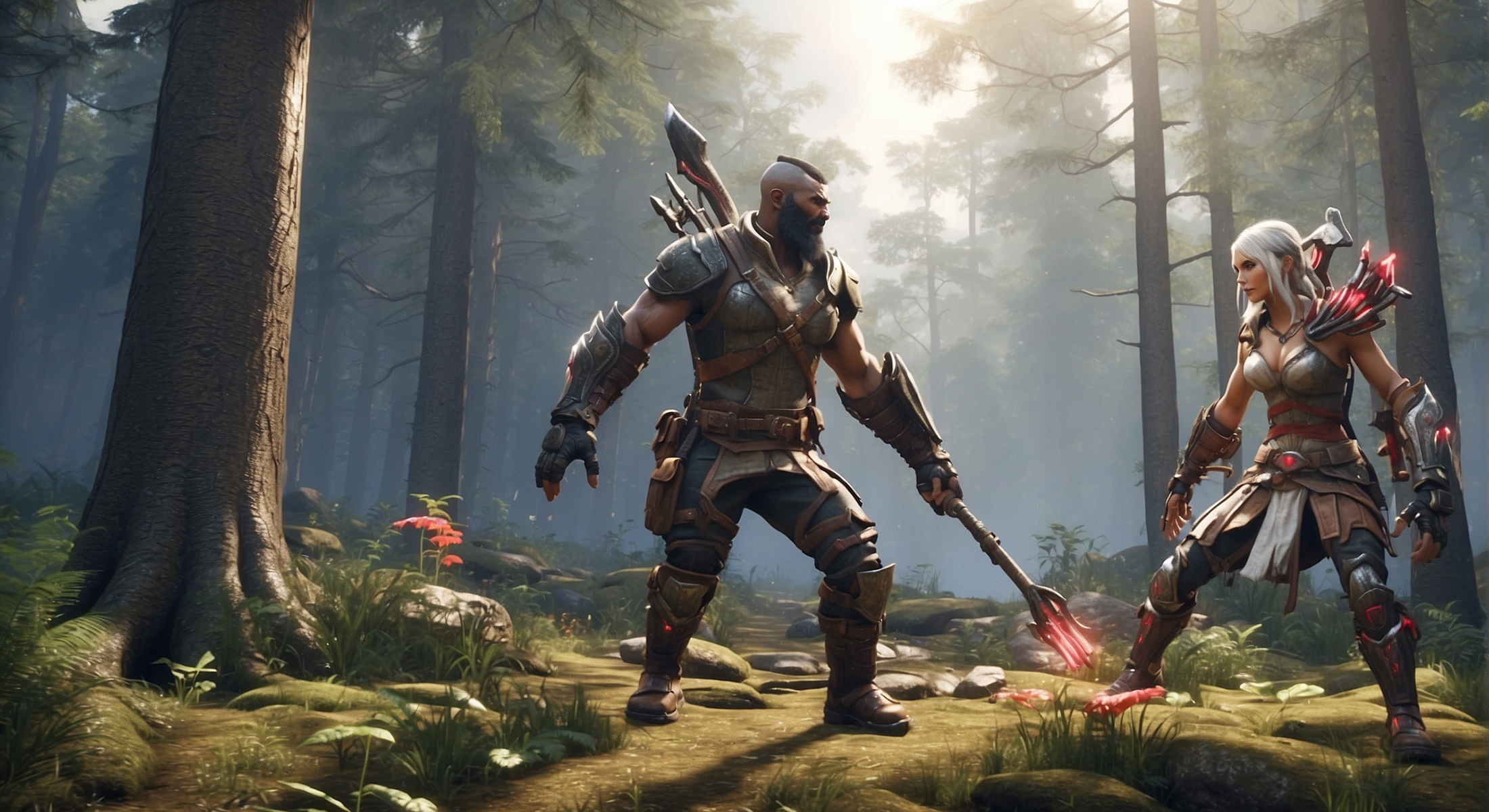
Just as Mario revolutionized the platforming genre, Unity has transformed the game development landscape. Known for its versatility and ease of use, Unity has become a cornerstone in the gaming world. As of 2021, it's estimated that Unity powers approximately 50% of all new mobile games and a significant portion of AR/VR content.
Unity's journey began in 2005, developed by Unity Technologies. Initially aimed at small indie developers, it grew in popularity and scope quickly. Today, Unity is not just a tool for independent creators but a comprehensive platform used by game studios of all sizes, from small indie teams to large corporations.
Main Unity Features
Development Environment and Workflow
- Cross-Platform Development. Unity's ability to deploy games across multiple platforms, including iOS, Android, PC, Mac, consoles, and AR/VR devices, is unparalleled.
- User-Friendly Interface. The intuitive interface of Unity is beginner-friendly, reducing the learning curve and making game development more approachable.
- Scripting with C#. Unity uses C# for scripting, balancing simplicity for beginners with the power needed for complex projects.
Asset and Resource Management
- Asset Store. The Unity Asset Store is a comprehensive marketplace with assets, tools, and plugins, streamlining the development process.
- Integrated Development Tools. Unity includes various integrated tools for animation, AI, physics, and more, allowing for a more streamlined development process.
Graphics and Rendering
- High-Quality Graphics. Unity's engine supports high-quality graphics and rendering capabilities, including real-time global illumination and physically based rendering.
- VR/AR Support. As a VR/AR development leader, Unity offers extensive tools for creating immersive experiences compatible with major VR/AR hardware.
Analytics and Performance
- Built-in Analytics. Unity includes analytics tools for tracking player behavior and game performance, essential for optimization and decision-making.
- Performance Reporting. The engine provides tools for monitoring and improving game performance, ensuring a smooth player experience.
Unity's Advantages and Disadvantages
Games built on Unity reached over 1.5 billion devices worldwide in 2020, proving its position as the top game engine. However, like any tool, Unity has its own set of strengths and weaknesses. Understanding these can help developers and studio executives make informed decisions about the right project choices.
| Advantages of Unity | Disadvantages of Unity |
| Cross-Platform Support. Unity excels in deploying games across a wide range of platforms, from mobile devices to consoles and PCs, without significant alterations to the codebase. | Graphics Performance. While Unity supports high-quality graphics, it can sometimes fall short in rendering performance compared to Unreal Engine, especially for AAA games. |
| User-Friendly Interface. The intuitive and well-organized interface makes Unity accessible for beginners and efficient for experienced developers. | Resource Intensive. Unity can be demanding on system resources, particularly for larger projects, leading to performance issues on less powerful hardware. |
| Large Asset Store. Unity's Asset Store is one of the most extensive, offering a myriad of assets and tools that can significantly speed up development. | Limited Source Code Access. Unlike Unreal Engine, Unity doesn't provide open access to its source code, which can limit deep customization for developers. |
| Strong Community Support. With a vast and active community, Unity provides excellent resources for learning, troubleshooting, and networking. | Revenue-Based Licensing Model. For larger studios or more successful games, Unity's licensing model can become costly as it is based on revenue. |
| Regular Updates and Feature Additions. Unity is continually updated with new features and improvements, keeping it at the forefront of game development technology. | Less Suitable for AAA Game Development. While possible, developing AAA titles in Unity is often more challenging due to certain limitations in graphics and performance. |
| VR/AR Leadership. Unity is a VR/AR development leader, offering robust support and tools for creating immersive experiences. | Learning Curve for Advanced Features. While Unity is beginner-friendly, mastering its more advanced features and capabilities can require a significant time investment. |
Top Games Created on Unity
When thinking about legendary games built on Unity, one cannot overlook the cultural phenomenon that is Pokémon GO. This augmented reality game took the world by storm, blending the virtual and real worlds in a way that had never been seen before on such a massive scale. It's a shining example of the engine's capability to create innovative and engaging experiences when placed in the hands of an experienced Unity game development studio. Beyond Pokémon GO, Unity has been the foundation for many successful games across various genres. Here are some notable examples:
Monument Valley — a critically acclaimed puzzle game known for its surreal exploration through fantastical architecture and impossible geometry. Its visually stunning design and intuitive gameplay showcase Unity's versatility in handling unique artistic visions.
Cities: Skylines — a modern take on the classic city simulation. The game's intricate and detailed city-building mechanics are a testament to the powerful and flexible nature of the Unity engine.
Superhot — a unique first-person shooter where time moves only when the player moves. This game's innovative gameplay mechanics and minimalist art style highlight Unity's capacity for supporting creative and unconventional game concepts.
Ori and the Blind Forest — an aesthetically breathtaking and emotionally engaging platform-adventure game. It's a prime example of Unity's ability to handle rich, detailed environments and fluid character animations.
Getting to Know Unreal Engine
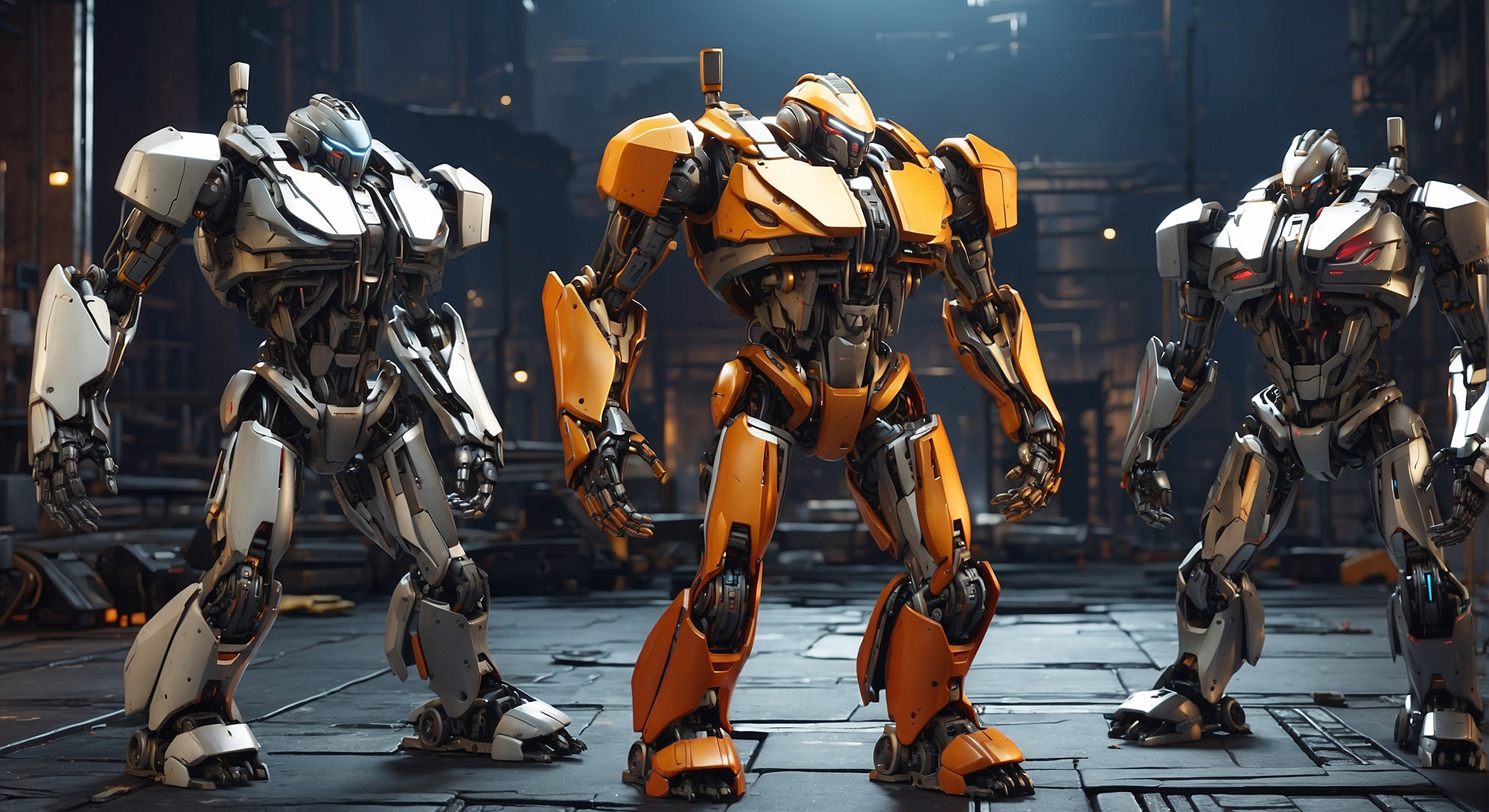
Have you ever wondered what powers some of the most visually stunning and technologically advanced games in the industry? What engine is behind the breathtaking landscapes and realistic characters that have defined a generation of gaming? Enter Unreal Engine.
Unreal Engine's journey began in 1998, thanks to Epic Games. It debuted with the first-person shooter game Unreal, showcasing groundbreaking graphics and rendering capabilities for its time. Since then, Unreal Engine has evolved through multiple iterations. Unreal Engine 4 and the latest Unreal Engine 5 have brought significant advancements in visual fidelity, real-time rendering, and user-friendly programming tools.
An unexpected yet fascinating fact about Unreal Engine is its contribution to the film and television industry. The Mandalorian, a popular series in the Star Wars franchise, utilized Unreal Engine for real-time rendering of complex backgrounds and environments. This crossover into different media sectors underscores Unreal Engine's incredible versatility and its boundless potential for content creation beyond traditional gaming.
Main Unreal Engine Features
Graphics and Rendering
- Advanced Graphics and Rendering Capabilities. Unreal Engine is renowned for its superior visual quality, supporting high-end photorealistic rendering, dynamic lighting, and complex particle systems.
- Real-Time Ray Tracing. The engine offers real-time ray tracing features, providing realistic lighting and shadows, significantly enhancing the visual fidelity of games.
Development Tools and Workflow
- Blueprint Visual Scripting. Unreal Engine's Blueprint system allows developers to create game logic and complex interactions without deep coding knowledge, making it accessible to designers and artists.
- Robust Multiplayer Framework. The engine provides a powerful set of tools for building multiplayer games, including efficient networking and matchmaking systems.
Animation and Physics
- Niagara Visual Effects System. This system allows for creating and controlling complex particle effects, such as fire, smoke, and explosions.
- Advanced Animation Tools. Unreal Engine includes a comprehensive suite of animation tools, enabling detailed character animations and realistic movements.
Audio
- Immersive Audio Engine. The engine's audio system supports spatial audio and advanced sound effects, contributing to a more immersive gaming experience.
Platform Support and Scalability
- Cross-Platform Compatibility. Unreal Engine supports a wide range of platforms, including consoles, PCs, mobile devices, and VR/AR hardware.
- Scalability. The engine is designed to scale its graphics and performance to match the capabilities of the target platform, ensuring optimal performance across devices.
Editor and User Interface
- Intuitive Editor Interface. Unreal Engine provides a user-friendly and customizable editor interface, streamlining the development process.
- Extensive Asset Library. The engine includes a vast library of high-quality assets and resources, aiding in rapid development and prototyping.
Unreal Engine Pros and Cons
As of 2023, over half of the next-gen games that have been announced are being built with Unreal Engine. This success is rooted in its powerful features and capabilities, though it's important to consider both sides of the coin. Here's a comprehensive look at the pros and cons of Unreal Engine:
| Advantages of Unreal Engine | Disadvantages of Unreal Engine |
| High-End Graphics and Rendering. Unreal Engine is ability to produce photorealistic graphics is unmatched, making it ideal for AAA game development. | Steep Learning Curve. The advanced features and technical nature of Unreal Engine can be daunting for beginners or small teams without specialized knowledge. |
| Real-Time Ray Tracing. The engine's support for real-time ray tracing enhances visual realism, particularly in lighting and shadows. | Resource Intensity. High-quality graphics and complex functionalities demand significant computing power, which can challenge less powerful systems. |
| Blueprint Visual Scripting. Unreal's Blueprint system simplifies game development, allowing for rapid prototyping and development without extensive coding. | Larger Project Sizes. Games developed in Unreal Engine tend to have larger file sizes, impacting download times and storage requirements. |
| Strong Multiplayer Support. The engine provides robust tools for building multiplayer games, including efficient networking and matchmaking systems. | Royalty Model. While Unreal Engine is free to use, Epic Games charges a royalty on game revenues, which can impact the overall profitability of successful titles. |
| Versatile Platform Support. Unreal Engine's scalability ensures games can be deployed across various platforms without compromising quality. | Complexity for Simpler Projects. The engine's complexity might be overkill for simpler or 2D games, where a lighter engine could be more efficient. |
| Active Community and Marketplace. A vast community of Unreal Engine developers and a rich marketplace provide extensive resources, assets, and support for developers. | Frequent Updates. While updates bring improvements, they can also introduce new challenges and require developers to adapt constantly. |
Top Games Built on Unreal Engine
Unreal Engine has been the backbone of some of the most iconic and groundbreaking games in recent history. Its ability to deliver high-fidelity visuals and complex gameplay mechanics has made it a favorite among AAA game developers. Here's a look at some of the top games that have utilized the power of Unreal Engine to deliver exceptional gaming experiences:
Fortnite. Perhaps the most recognizable title built on Unreal Engine, Fortnite has become a cultural phenomenon. Its vibrant graphics, engaging gameplay, and constant updates have captivated millions of players worldwide, showcasing Unreal Engine's versatility and scalability.
The Outer Worlds. This critically acclaimed RPG stands out with its unique art style and immersive storytelling. Unreal Engine facilitated the creation of its expansive, vibrant worlds and complex gameplay mechanics.
Borderlands 3. Famous for its unique art style and humor, Borderlands 3 leverages Unreal Engine to render its vast, cel-shaded worlds and support its fast-paced, loot-driven gameplay.
BioShock Infinite. Known for its intricate narrative and stunningly detailed environments, BioShock Infinite showcases Unreal Engine's strengths in creating immersive story-driven games.
Mass Effect Series. Renowned for its compelling storytelling and richly detailed universe, the Mass Effect series utilized Unreal Engine to bring its expansive sci-fi worlds and dynamic combat to life.
Pushing the Boundaries of Endless Runner Game Development
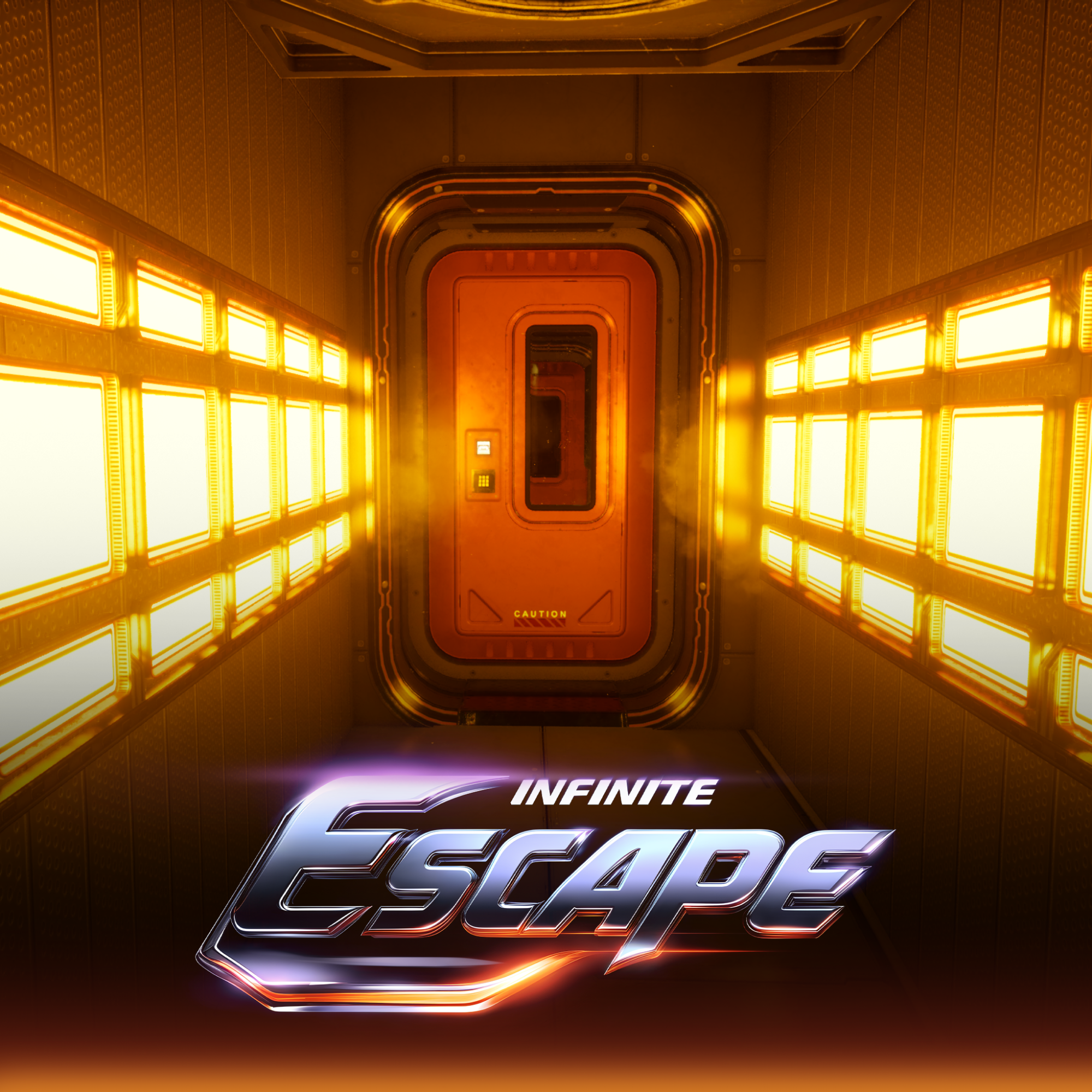
Infinite Escape redefines the endless runner genre with its dynamic, tile-based world and intuitive lane-switching controls. Built in Unreal Engine, this game delivers a futuristic sci-fi experience with adjustable difficulty, playable on major platforms. See how endless runner game development can enhance your game design.
Unity vs Unreal: The Main Differences Explained
Each engine, like the games they help create, has its unique strengths and specialties. To understand which engine might suit your project best, let's dive into a comparative analysis, much like comparing the intricate, story-driven worlds of Mass Effect with the fast-paced, competitive arenas of Street Fighter.
| Features | Unity | Unreal |
| Primary Use Case | Favored for indie, mobile games, and cross-platform development, including 2D/3D games. | Preferred for AAA titles, high-fidelity 3D games, and immersive AR/VR experiences. |
| Graphics | Strong in both 2D and 3D, but particularly excels in mobile and casual game graphics. | Renowned for its photorealistic 3D graphics and advanced rendering capabilities. |
| Ease of Use | Known for its user-friendly interface and gentler learning curve, suitable for beginners and smaller teams. | More complex, with a steeper learning curve, ideal for teams with technical expertise. |
| Programming Language | Utilizes C#, which is widely regarded as more accessible for beginners. | Uses C++, known for high performance but complexity; also offers Blueprint visual scripting for easier development. |
| Asset Store | Boasts an extensive asset store with a wide range of assets and tools. | Offers a rich marketplace with high-quality assets, though with fewer options than Unity's store. |
| Community and Support | Has a large, active community with numerous online resources, tutorials, and forums. | Strong community with slightly fewer members than Unity; offers extensive documentation and learning resources. |
| Pricing Model | Free to start with a revenue-based licensing model after reaching a certain revenue threshold. | Free to use with a royalty model; royalties apply after exceeding a specific revenue threshold. |
| Cross-Platform Support | Excellent support for a broad range of platforms, including mobile. | Strong cross-platform capabilities, though some platforms may require additional optimization. |
| VR/AR Support | Offers robust support for VR/AR, especially on mobile platforms. | Provides powerful VR/AR capabilities, focusing on high-end, immersive experiences. |
| Performance | Optimized for a variety of devices, including lower-end and mobile devices. | Demands more powerful hardware for optimal performance, especially for graphically intensive games. |
| Built-in Tools | Includes a comprehensive set of tools for animation, AI, physics, and more, integrated into the engine. | Features advanced built-in tools for animation, physics, and VFX, often considered more sophisticated than Unity's. |
| Industry Adoption | Widely adopted in the indie game scene and mobile game development. | Predominantly used in AAA game development and by larger studios. |
| Customizability | Offers a good level of customizability, but limited access to source code can be a constraint. | Provides full source code access, allowing for deep customization and engine modification. |
| Multiplayer and Networking | Strong capabilities for multiplayer and networking, but may require additional plugins for complex scenarios. | Robust native support for multiplayer and networking, often preferred for large-scale, multiplayer games. |
Need help navigating the pros and cons of Unity and Unreal? Contact us for help.
What Game Engine Will Fit Your Project The Best?
As executives of game development studios planning your projects, choosing between Unity and Unreal Engine is a pivotal decision. Here are key criteria to evaluate, each backed with an example that resonates with the types of projects you might be considering:
Project Scale and Complexity
If your studio plans an ambitious, large-scale MMO similar to Fortnite, Unreal Engine's robust handling of complex environments and high player counts could be crucial. Conversely, Unity's more approachable development environment might be more suitable for a smaller-scale, narrative-driven indie game like Gone Home.
Graphical Fidelity and Performance
For a project aiming at cutting-edge graphics and visual effects akin to the stunning visuals in Unreal Tournament, Unreal Engine's advanced rendering capabilities would be ideal. On the other hand, if your project, like Temple Run, focuses on simpler, mobile-friendly graphics, Unity's efficient performance on various devices would be advantageous.
Team Expertise and Resources
If your team has expertise in C++ and experience with complex game mechanics, as required for a game like Street Fighter V developed on Unreal Engine, then Unreal might be the better choice. For studios with a team more comfortable with C# or smaller in size, Unity's user-friendly nature, as seen in the development of Cuphead, would be more fitting.
Budget and Revenue Model
Consider the financial implications of each engine's pricing model. If your project can potentially be a high revenue generator like PUBG, Unreal's royalty model might be a significant factor. Unity's licensing model could be more cost-effective for smaller projects with limited budgets.
Platform Targeting
If you're developing a cross-platform game aiming for a broad audience on both PC and mobile, like Hearthstone, Unity's excellent cross-platform support would be beneficial. For a console-focused, high-performance game like Gears 5, Unreal's optimization for console platforms would be advantageous.
Future Scalability and Support
For studios planning to scale their game over time, adding more complex features or expanding to VR/AR, as seen in Half-Life: Alyx developed on Unity, Unity's adaptability and extensive support for emerging technologies would be crucial. In contrast, Unreal's continuous engine advancements would suit a game requiring ongoing, high-end graphical updates.
Community and Learning Resources
If your team is relatively new to game development and would benefit from a vast array of learning resources and a supportive community, Unity's extensive user base and a plethora of tutorials, as seen in the development community for Kerbal Space Program, would be invaluable. For teams seeking cutting-edge development insights and industry-leading practices, Unreal's professional community, as demonstrated in the development of Batman: Arkham Knight, would offer deeper insights.
Unreal vs Unity for 3D games
When it comes to 3D game development, choosing between Unreal Engine and Unity is a decision that hinges on several key factors. Here's a concise comparison of the two engines in this context:
Graphical Fidelity
- Unreal Engine excels in delivering photorealistic visuals and is known for its high-end rendering capabilities, ideal for AAA games.
- Unity offers a more versatile approach for various 3D games, including those that prioritize artistic and stylized graphics over photorealism.
Ease of Use
- Unreal Engine offers deep customization and control, which can be complex for beginners but powerful for experienced developers.
- Unity is more accessible, with a user-friendly interface and C# scripting, making it a go-to for indie developers and smaller teams.
Performance
- Unreal Engine demands higher-end hardware for optimal performance, especially for graphically intensive games.
- Unity is generally more efficient across various hardware, particularly beneficial for games targeting a wide range of devices.
For studios aiming to create high-fidelity, visually stunning 3D games and who have the resources to harness Unreal Engine's advanced capabilities, Unreal is the preferable choice, especially if you plan to cooperate with an experienced Unreal Engine game development company. However, for teams looking for a more accessible, versatile engine that can still deliver quality 3D experiences, especially on various platforms, Unity emerges as the better fit.
Unreal Engine vs Unity for 2D games
The choice between Unreal Engine and Unity takes on a different dynamic regarding 2D game development. Each engine has its strengths and particularities that can influence the outcome of a 2D project. Let's compare them in this context and recommend which engine might better suit 2D game development.
Toolset and Features for 2D Development
- Unreal Engine, while powerful, is primarily known for its 3D capabilities. It does offer tools for 2D game development, but they are not as extensive or intuitive as those for 3D.
- Unity shines in 2D game development thanks to its comprehensive set of 2D tools and features. It's widely recognized for its ease of use in creating 2D games, with plenty of resources and community support tailored to 2D development.
Ease of Use and Learning Curve
- Unreal Engine can be more complex to navigate for 2D game development, primarily due to its focus on 3D.
- Unity offers a more straightforward and user-friendly experience for 2D game developers, making it a popular choice for indie developers and those new to game development.
Performance and Optimization
- Unreal Engine is optimized for high-end graphics and may not be as efficient for the simpler graphical requirements of 2D games.
- Unity is well-optimized for 2D games, ensuring smooth performance across various devices, which is crucial for mobile and casual 2D games.
For 2D game development, Unity is generally the better choice. The user-friendly interface, extensive 2D toolset, and strong community of Unity developers support make it ideal for specialists focusing on 2D games, particularly for indie studios or those targeting mobile and casual gaming markets. While Unreal Engine is undoubtedly powerful, its strengths lie more in the realm of 3D, making it less optimal for projects that are exclusively 2D-focused.
Unity vs Unreal Engine for Mobile
The mobile gaming market is vast and diverse, requiring a careful choice of game engine for optimal results. Unreal Engine and Unity offer mobile game development capabilities, but they cater to different needs and project types. Here's a comparison of the two in the context of mobile game development.
Optimization and Performance
- Unreal Engine is known for its high-fidelity graphics, which can be more demanding on mobile hardware. While it can be used for mobile game development, running smoothly on various devices often requires more optimization.
- Unity is widely regarded as more efficient for mobile games, particularly due to its lighter weight and adaptability across various mobile devices, including those with less processing power.
Ease of Development and Deployment
- With its complexity and high-end features, Unreal Engine can pose a steeper learning curve and may require more development time for mobile optimization.
- Unity offers a more streamlined development process for mobile, with a vast array of resources and a user-friendly interface, making it easier for developers to create and deploy games on multiple mobile platforms.
Asset Store and Community Support
- Unreal Engine has a growing marketplace and community, but it's more geared towards high-end 3D and console/PC games.
- Unity boasts a large asset store and a robust community, offering numerous assets and resources tailored for mobile game development.
For mobile game development, Unity generally emerges as the more suitable choice. Its efficient performance on various hardware, ease of use, and extensive support for mobile game development make it a go-to engine for developers targeting the mobile gaming market. While Unreal Engine can certainly be used for mobile games, especially those requiring high-end graphics, Unity's versatility and lighter footprint make it a more practical and accessible option for a broader range of mobile projects.
Unity Engine vs Unreal Engine for VR
Virtual reality presents unique challenges and opportunities in game development. Unity and Unreal Engine have strong capabilities in this area but offer different experiences and tools for VR development.
Graphical Fidelity and Performance
- Unreal Engine is often celebrated for its high-end graphics and visual fidelity, which can be particularly impactful in VR. Its ability to deliver detailed and immersive environments makes it a strong choice for VR experiences prioritizing photorealism and visual complexity.
- Unity, while slightly less powerful regarding raw graphical capabilities, still offers robust support for VR. It is known for its versatility and can efficiently handle a variety of VR experiences, from simple to complex, with a focus on stable performance across various VR platforms.
Ease of Development and Accessibility
- Unreal Engine provides a comprehensive suite of VR development tools but can be more complex to master, especially for developers new to VR or those with limited experience in C++.
- Unity is generally more accessible, with a user-friendly interface and a wider range of learning resources. Its C# scripting is often easier for developers to grasp, making it a popular choice for those new to VR development.
Platform Support and Integration
- Unreal Engine strongly supports major VR platforms, including Oculus Rift, HTC Vive, and PlayStation VR. Its integration with these platforms is robust, allowing for high-quality VR experiences.
- Unity boasts extensive platform support, covering virtually all major VR systems. This wide-ranging compatibility makes it highly versatile for VR development, especially for projects targeting multiple VR platforms.
The choice between Unity and Unreal Engine for VR development depends largely on your project's specific goals and priorities. If your VR game or experience demands the highest level of graphical fidelity, and you have the resources to leverage Unreal's capabilities, then Unreal Engine is preferable. However, if you're looking for broader accessibility, ease of use, and extensive platform support, particularly for projects targeting a wide range of VR devices, Unity is likely the better fit.
Back Your Game Development Up with Top Unity and Unreal Pros from Game-Ace
Whether you decide on Unity or Unreal Engine, the game development teams of Game-Ace are ready to provide our support and expertise to help you achieve success. During the decades of operations, our company has delivered numerous projects powered by both engines, helping us to study the most insidious challenges of Unreal and Unity. Feel free to contact us to initiate the cooperation.
 Unlocking Cinematic Quality in Unreal Engine 5.6: Insider Tips from GameDev Industry Pros
Unlocking Cinematic Quality in Unreal Engine 5.6: Insider Tips from GameDev Industry Pros  Unity 6: Revolutionizing Game Development for the Next Generation
Unity 6: Revolutionizing Game Development for the Next Generation  How to Develop an Endless Runner Game in Unreal Engine: A Step-by-Step Guide
How to Develop an Endless Runner Game in Unreal Engine: A Step-by-Step Guide  Rapid Game Development: Unleashing Creativity with Speed and Precision
Rapid Game Development: Unleashing Creativity with Speed and Precision 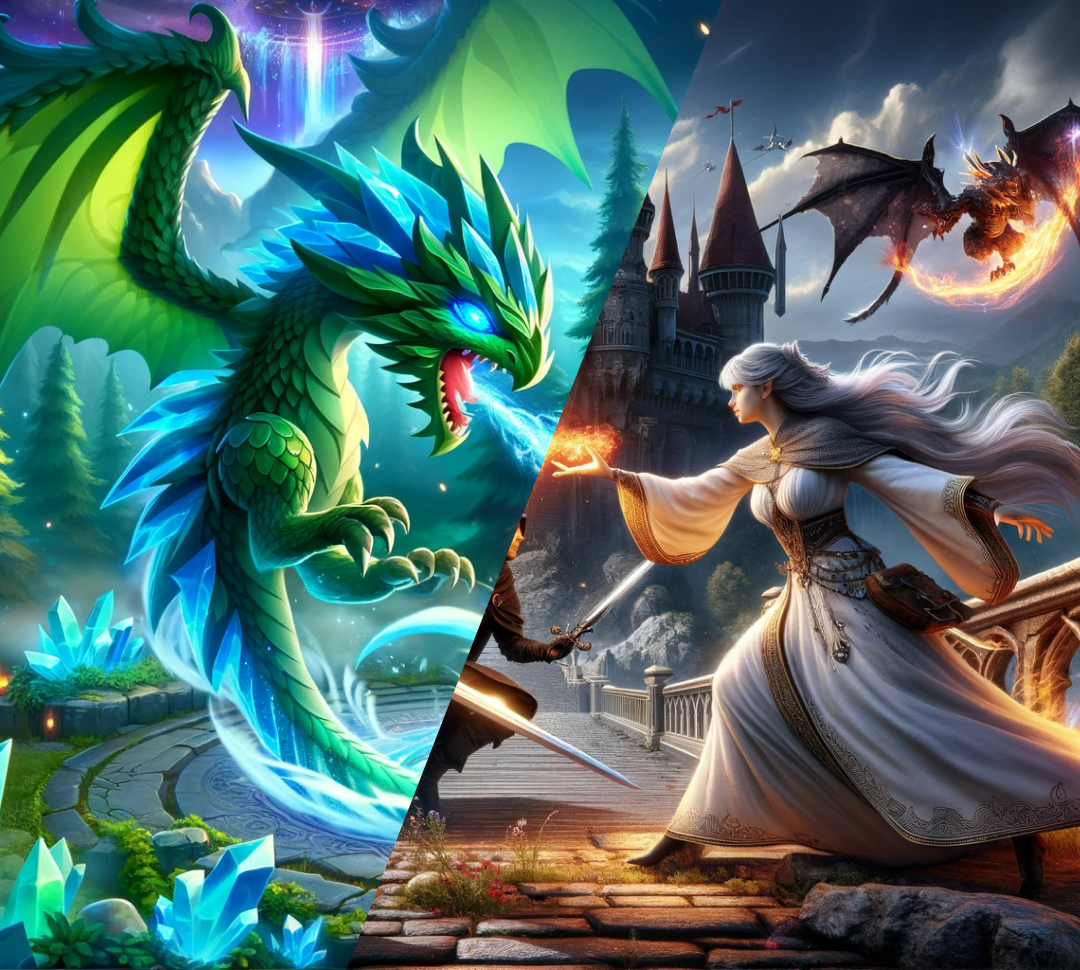 How Much Do You Know About Games in the Unity 2D vs. 3D Battle?
How Much Do You Know About Games in the Unity 2D vs. 3D Battle? 